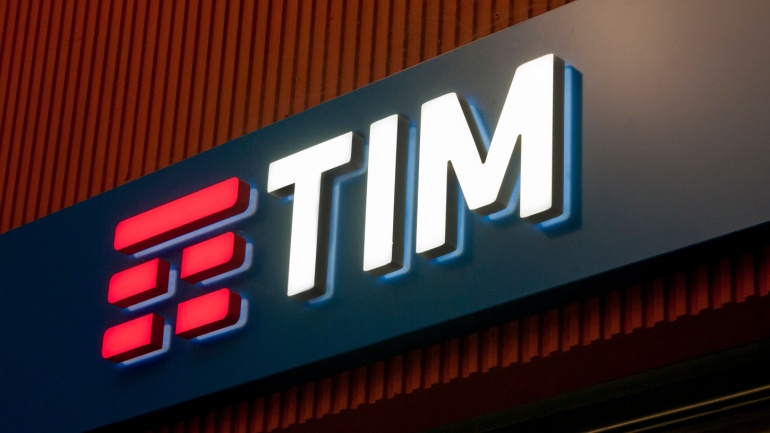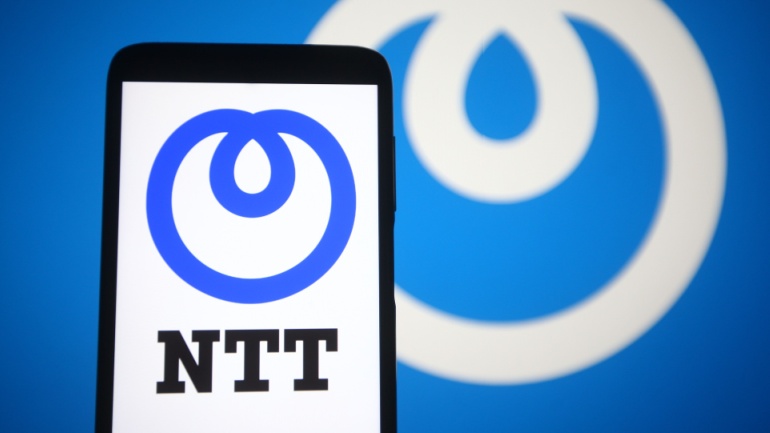Verizon has extended its Global Network Solutions contract with the Department of Defense, enhancing secure communication networks in Southwest Asia. This vital partnership reflects Verizon’s pivotal role in evolving communication technology.
In a landmark verdict, Telecom Italia (TIM) resolves a decade-long license fee dispute. Awarded a €1 billion payout by the Italian Government, TIM’s victory prompts further scrutiny of the necessity of these fees post-privatization.
In an ambitious move, the Indian government has announced its plans to hold a mobile spectrum auction in May, eyeing a starting bid of nearly US$12 billion. Despite the high hopes tied to this event, experts remain skeptical about its success, given the tepid interest expected from the country’s telecom operators.
Japan’s largest telecom provider, NTT, might get a break from longstanding regulations that have created competitive boundaries since its partial privatization back in the 1980s. But will this veer the industry off the road to a fair market environment? The proposed changes face major resistance, with critics highlighting the impact on national interests and the security of Japan’s telecom infrastructure.
The UK government reveals its plans to leverage AI technology for operational efficiency within the civil service. Amid concerns over escalating staffing costs, AI might undertake administrative tasks, analyze consultation responses, and craft initial parliamentary responses.
TIM’s leadership has expressed dissatisfaction with the Italian government’s initial purchase proposal for its Sparkle subsea cable division, prompting CEO Pietro Labriola to seek improved terms. The decision follows a recent bid by the Ministry of Economy and Finance, which has been deemed inadequate by TIM’s board of directors. Amidst ongoing discussions about the board’s composition, the focus has swiftly shifted back to negotiations, underscoring the complex nature of the transaction involving Sparkle.
In a significant move to strengthen its position in the global semiconductor industry, the Japanese government has committed approximately $307 million in subsidies to a high-profile semiconductor project. This initiative brings together major players NTT from Japan, Intel from the United States, and South Korea’s SK Hynix. Their collaboration focuses on the development of advanced optical semiconductor technology, which promises faster data processing speeds and reduced energy consumption compared to traditional electrical semiconductors.
UK’s government and Vodafone settle on ‘proportionate measures’ to assuage national security concerns over UAE-based e&’s increasing ownership stakes. This agreement follows the government’s expressed apprehension about e&’s potential influence on Vodafone’s policies due to its status as the largest shareholder. In response, a ‘national security committee’ will be created within Vodafone to monitor initiatives that could affect national security.
Indian telecom giant, Jio Platforms, stands out among potential buyers for a majority stake in Sri Lanka Telecom PLC. It reveals Sri Lanka’s approach to address drastic economic conditions with state-owned enterprises’ privatization.
A Malaysian government-backed task force convenes today, in light of the impending launch of a second 5G network. With the first network boasting over 80% connectivity coverage, anticipation thrives. In an unexpected twist, the government took control after declining a traditional 5G spectrum auction. Initial resistance from local mobile operators eventually sheared, replacing defiance with a collaborative investment. The ensuing 5G network, however, aims to break this monopoly, fostering competition.













